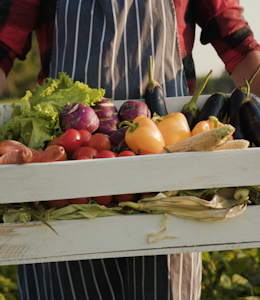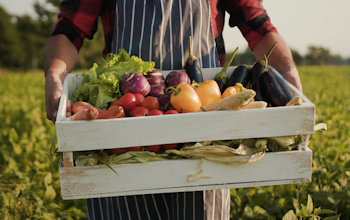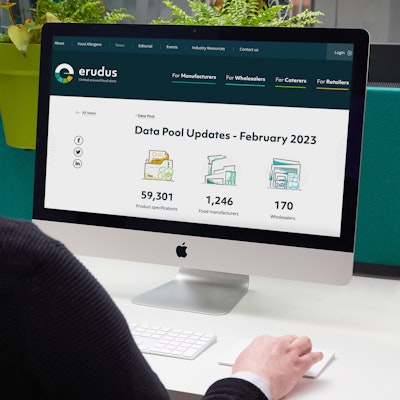How data can transform our food future by Ben Peel of Equilibrium Markets

Back in June we held a very successful Erudus User Forum, which had the theme “raising awareness and understanding of the challenges faced by Public Sector Caterers”.
We’ve already taken a look at why we settled on that theme, and what we’re doing here at Erudus to help those in the sector, and our customers in general to overcome these challenges.
Now we’re going to share some of what our guest speakers had to say - starting with Ben Peel, Supply Chain Director of celebrated dynamic food procurement and supply chain solutions specialists Equilibrium Markets Ltd.
Ben leads the development of SME-inclusive, sustainable food procurement system AgileChain and focuses on bridging technology and operations together to create efficient, transparent food supply chains and he gave us a great talk titled “From broken systems to better plates: how data can transform our food future.

Here are some of the most interesting things we learned from his presentation.
The past 40 years of mass food supply chains has come at a staggering cost to human health, animal welfare, biodiversity, water and soil health. Our current food system is one of the heaviest contributors to climate change.
Opaque, long supply chains dominate the industry. Food buyers cannot make informed choices about the source of their food. It’s partly why past efforts to improve the sustainability of food procurement have failed. The lack of product related data suits some – giving producers who are making environmentally harmful decisions the ability to be less easy to distinguish from those who make pro environmental decisions at their own cost.
Food procurement is seen as the means to catalyse change
The positive to this doom and gloom is that food procurement can be a method of change. The spend in this area is vast in the public sector and this “carrot” combined with the responsibility of the government make this the best place to start the change.
The Public Sector Procurement Challenge
The main challenges are:
- Rising pressure to support sustainability and local economies
- Lack of transparency in existing supply chains
- Barriers for SMEs in current procurement models
Having learned more about the challenges the industry faced, the ask was clear:
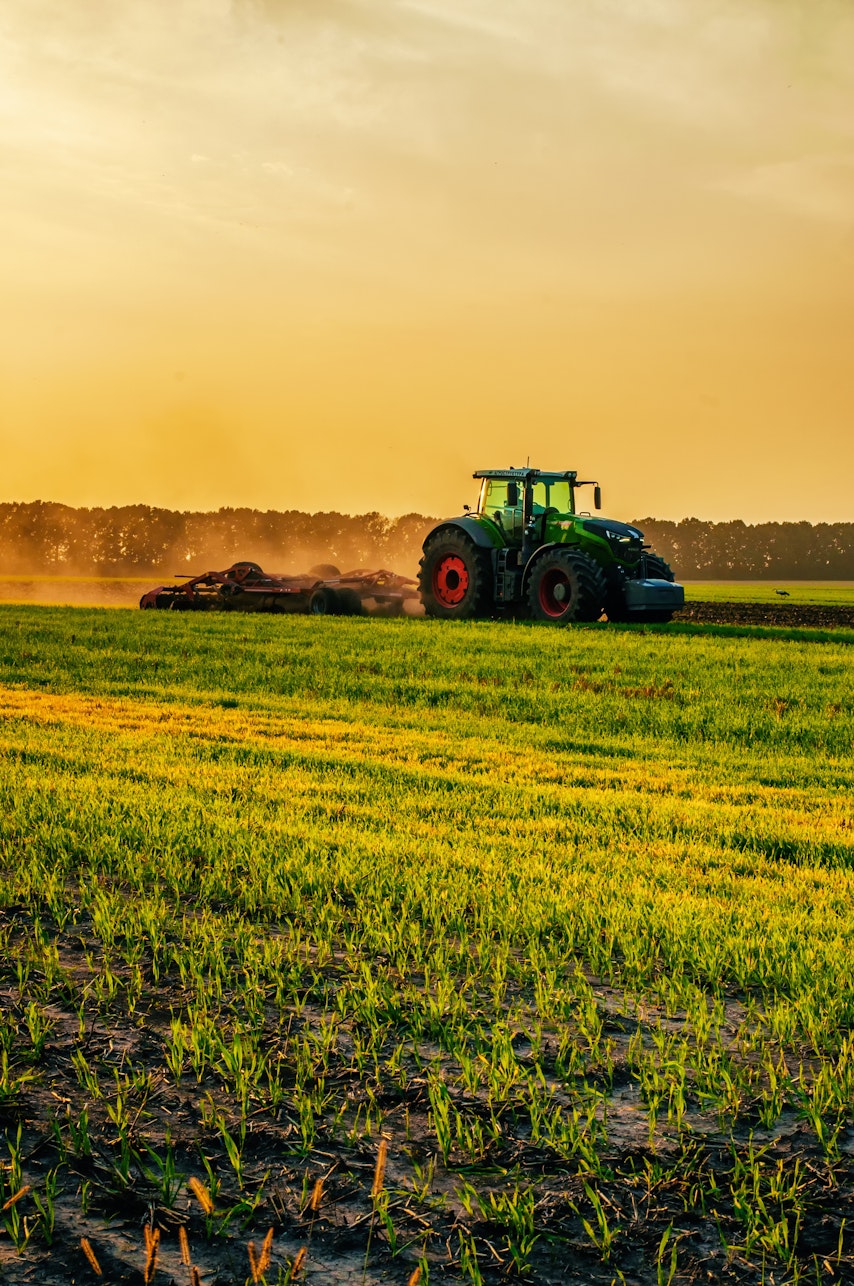
- Diversify sources by reducing barriers to supply for our great UK producers.
- Drive up understanding and improve decision making via transparency on the produce and production practices. Let products shine or fail on their merits.
- Enable the flow of revenue to grow a more diverse and therefore stable market.
This enables improvements for consumers, the economy and the environment. But this would be little more than a romantic notion unless a solution enabled this to happen.
A whole chain challenge needs a whole chain solution
- Growth - Gain and retain customers
- Profit - People and process efficiencies
- Impact - Sustainability performance improvement
This new supply chain model isn’t something that is being built in a vacuum for the first time - it needed to be built in situ, in an incredibly hard working industry with limited downtime, low margins, high external costs, monopolistic actors and some outdated structures and processes. It's not a change that can happen just in one link of the chain either – it’s a whole chain evolution.
The actors in the chain have a diverse set of needs but they have three overlapping needs to exist and to excel in this new world.
These are:
- Growth
- Efficiency
- Sustainability
Change also needs to happen on many levels too: At the top we need legislation to ensure that non fiscal needs are respected. Contracts need to be set up that are open to all and do not drive monopolies, even accidentally. And operational changes are needed to remove barriers, enable efficiencies to be realised and respect the fulfilment abilities of all.
An example of a framework that supports these changes
Food for Life (Soil Chain)
Food For Life is a supply chain solution and one of the certifications you can list on Erudus specifications (find out more here.
It is part of the Soil Association (a national food and farming charity working across the food system for restored climate, nature and health) and facilitates the procurement of sustainable and nutritious food for public sector settings. Some key facts:
- Nationwide reach: 25% of English and 50% of Scottish schools
- Over 2.6 billion meals served to date, supporting healthier and more sustainable choices across the UK
- 6,140 schools and settings now serve Food for Life meals, reaching 1.2 million meals every day
- Delivered impact in 93% of UK local authorities through public sector partnerships
- 175% increase in Green Kitchen Standard certified caterers, showing leadership in reducing energy, water, and waste
- Recognised as the gold standard for sustainable public sector catering, setting benchmarks for quality, health, and sustainability
You may also be interested in…
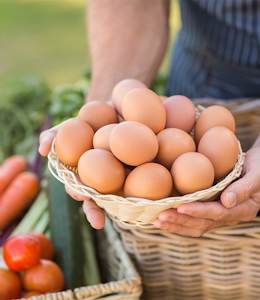
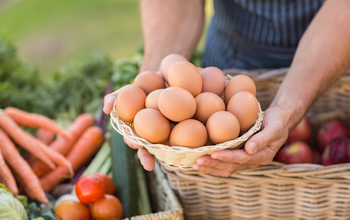
You may also be interested in…
Erudus… showcases Food for Life Supplier Scheme Certification
ReadThe Soil Association
- Works with practitioners to innovate, develop, test and build evidence of solutions that work
- Advocates for policy change at national level
- Works across the food system: Food for Life, Innovative Farmers, Agroforestry & Agroecology, Sustainable Food Places
- Provides Soil Association Organic certification
- Runs the Soil Association Exchange: UK's biggest whole farm environmental health data set
- Food at the heart of climate, nature and human health crises... mission is to make it part of the solution
What benefits does Food For Life bring?
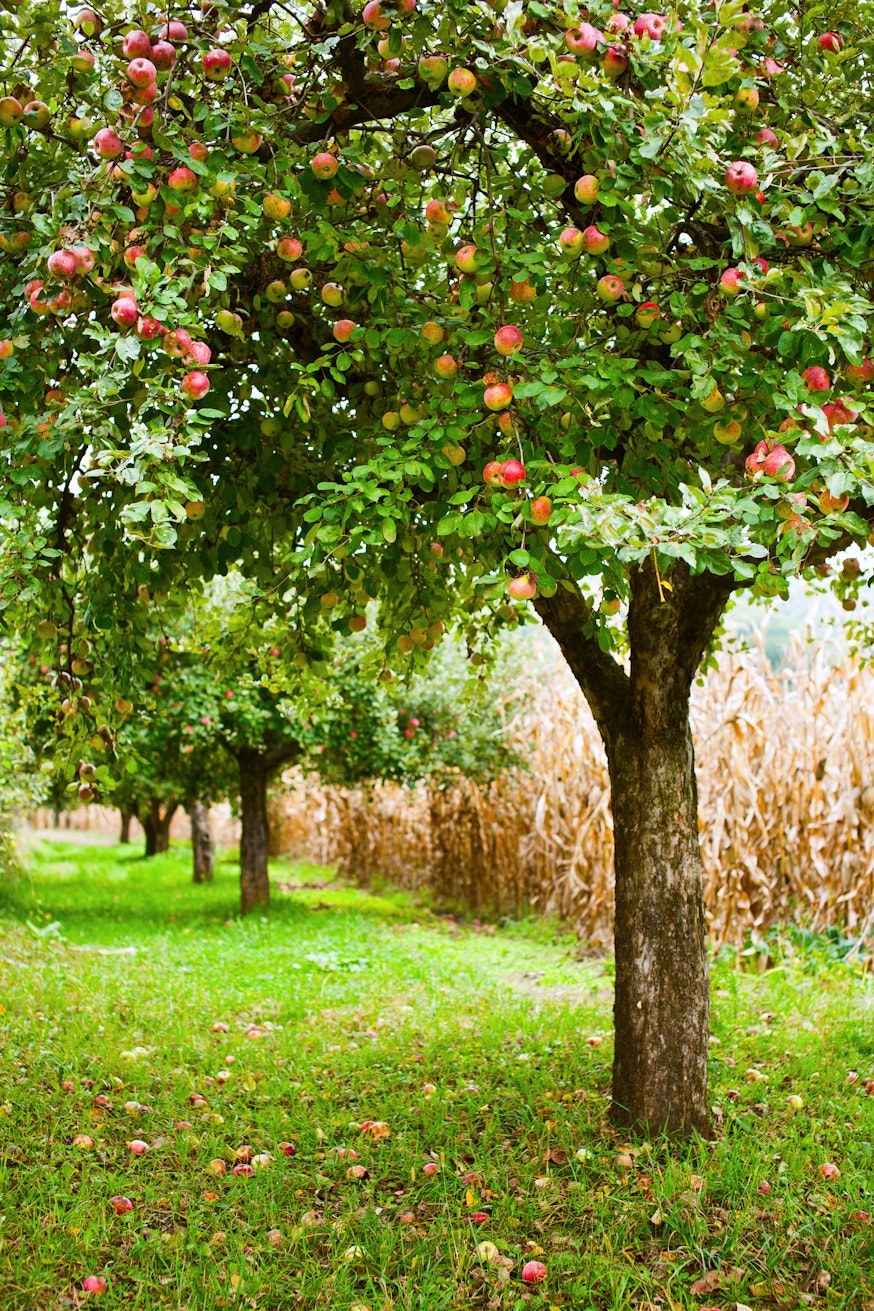
- Flexibility to compliment and enable existing procurement frameworks to facilitate food system transformation.
- Accreditation for caterers procuring through FFLSC⁺.
- Increased meal uptake through promotional materials which can be used by caterers.
- A new supply chain solution to support more short supply chains between sustainable producers & Food For Life suppliers, that brings resilience and transparency for Food For Life Caterers, and enables greater access to contracts for producers.
- Technology & innovation to benefit every actor in the chain; fair price for all; efficiency and integration.
- Collaboration to bring shared benefits to all supply chain actors: reliability & stability; fairness; value; quality.
- Impact in delivering more healthy, sustainable produce to public sector kitchens.
- Transparency in making informed choices and passing that on to consumers, as well as meeting ESG goals.
AgileChain
AgileChain is a Saas based product that offers bespoke functionality to each of the user groups – bringing value through delivering growth, efficiencies and sustainability. The marketplace for the buyer is populated with suppliers of all size and scale – no one is too big or small.
A variety of supply chain lengths is expected and enabled by AgileChain – supply can be direct to the buyers if a producer has their own logistics capability or via a distributor.
Buyers can see and compare products from all producers and add them to their cart before the order is separated by distributor at checkout and sent via email or integration directly to the distributors order management software.
The timings of delivery are flexible but only within parameters set by the other actors in the chain, respecting their operational needs which is important for smaller producers.
Data - how Erudus fits into the picture
We know that the most reliable and valid data comes from the source.
The Erudus platform holds data input directly by producers and Manufacturers.
By submitting a product’s GTIN, AgileChain can pull all fields related to that product from Erudus and automatically display them to the buyer. This is incredibly useful for all products, but particularly those from larger Manufacturers / longer chains where the source of the data is more removed.
Data Fields
- Allergens & Ingredients
- Nutritional Data
- Packaging Data
- Dietary & Lifestyle
- Provenance Data
- Product Descriptions/Instructions
- Product Data
- Farm Level Data
- Certifications
- Product Images
You may also be interested in…
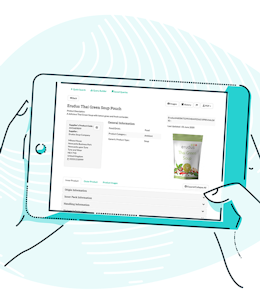
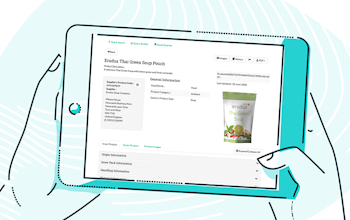
You may also be interested in…
Solutions Spotlight: Technical Data Search
ReadThe impact of better data example: Farm level data
As we get deeper into sustainability data collection around the production of products and packaging we can surface primary farm level data in areas such as:
- Soil
- Water
- Biodiversity
- Carbon
- Social
This opens the ability to replace proxy data with more accurate data – removing the generalisations that, for example, lead to brutal changes such as removal of beef from menus when the problem is not the product but the production methods. Without Primary data, chefs are often unable to distinguish between beef from a regen ag setup and a more carbon intensive one in terms of data – one is carbon positive, one is carbon neutral, but by having one averaged score negates this detail and leaves the chef with little choice but to remove beef to swing the carbon score needle in their favour.
While access to a share of the public sector market for food is a great way for new entrants to grow, there are many existing actors who will need motivation to lean into the data collection and operational changes related to the evolution of the offering.
Buyers
- Accurate goods in – not just for distributors and wholesalers!
- Finance Reconciliation (Future)
Distributors
- Fast query resolution
- Waste redistribution(?)
- Integrations (APIs, EDI, OCR)
Producers
- Data entry – drag and drop
- Stories from data (AI marketing)
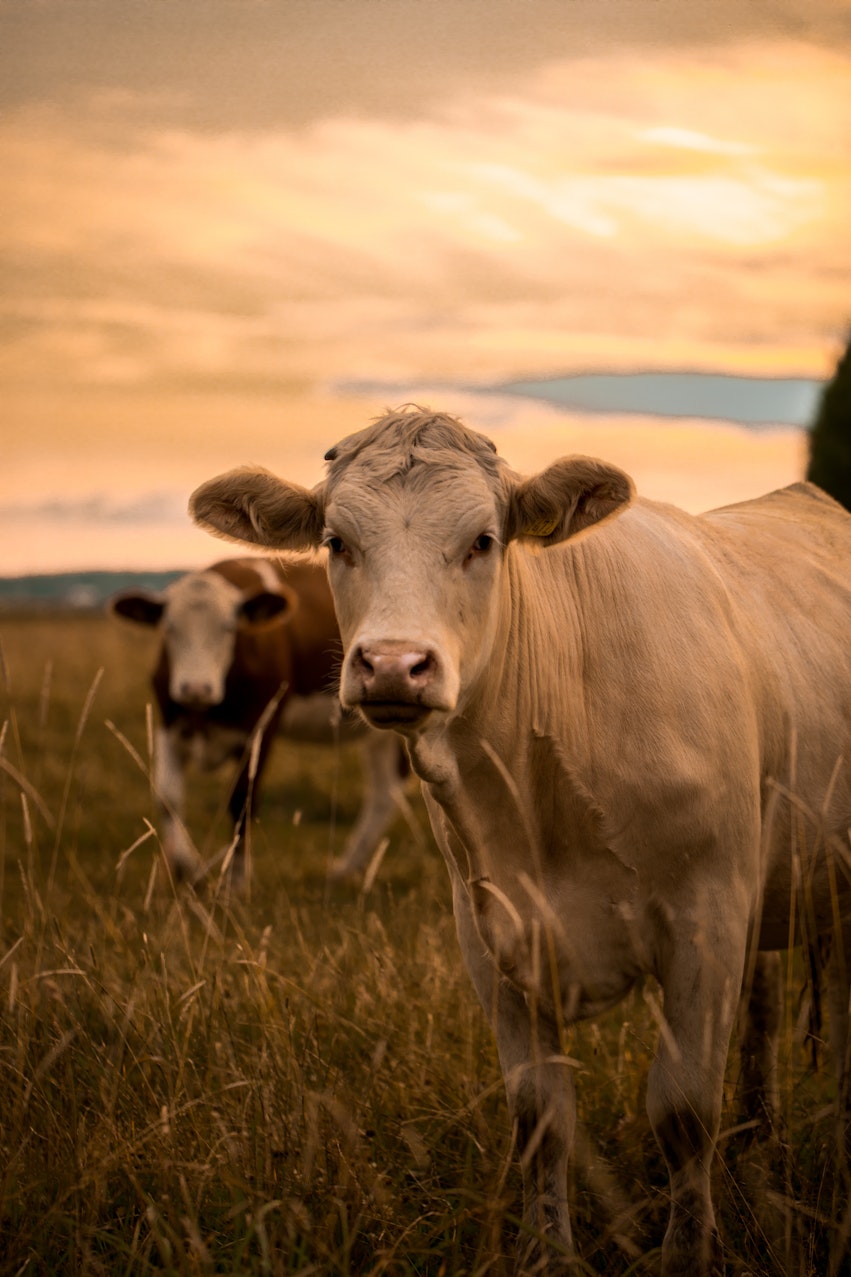
The end goal
- Agile, short supply chains
- Named producers
- More diversity in terms of size
- Data transparency increase
- Named producers
- More diversity in terms of size of distributors
- Data transparency increase
The takeaway
Wholesalers can play a pivotal role in transforming the food system by investing in technology, fostering transparency, building relationships, and sharing data. By doing so, they support public sector ambitions, meet rising consumer and regulatory expectations, and help create a more sustainable and equitable food future.
You may also be interested in…


You may also be interested in…
